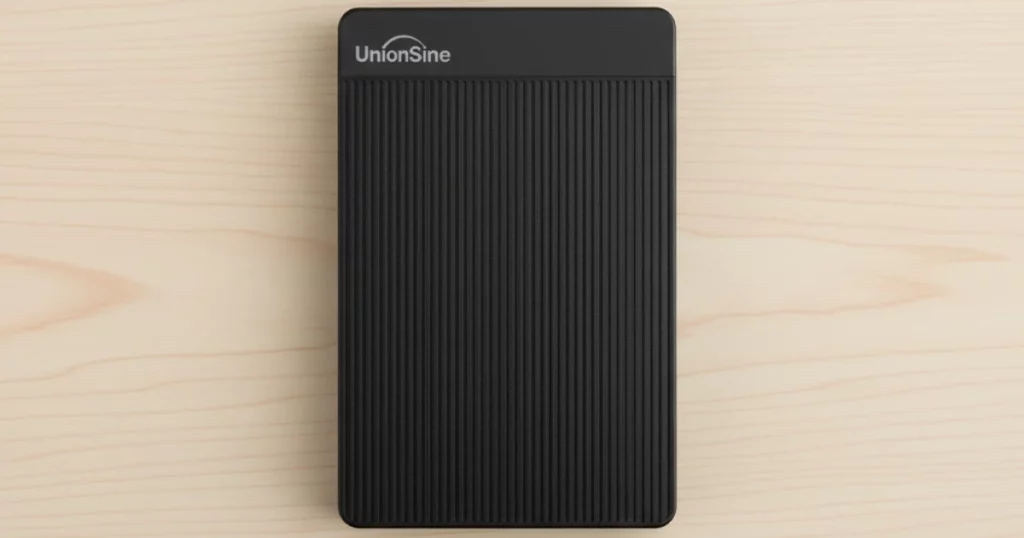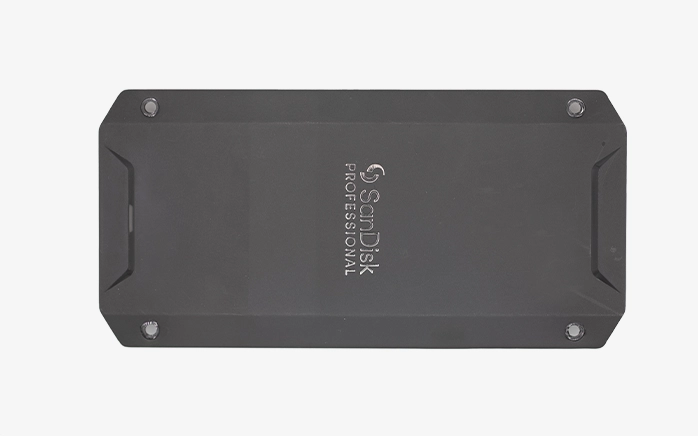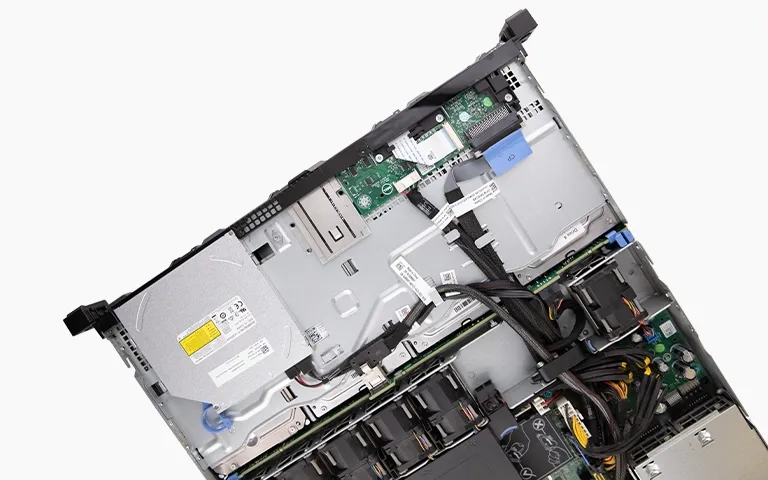Overview
A Buffalo LinkStation HS-DH500GL NAS with four 500GB IDE drives failed suddenly, leaving years of personal data inaccessible. This Buffalo NAS data recovery case study outlines how PITS Data Recovery handled each drive’s unique failure, rebuilt the RAID 5 configuration, and recovered the most recent version of the client’s data.
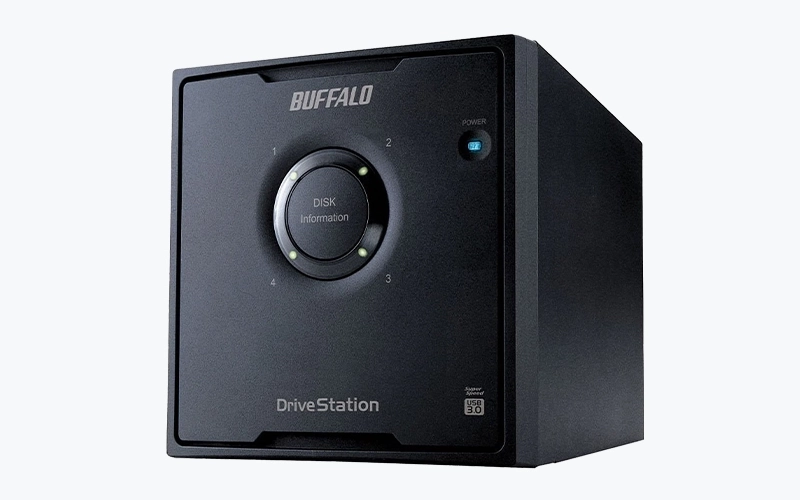
Client Background
The client used the Buffalo HS-DH500GL NAS as a personal home server, storing irreplaceable documents, photos, and videos. Configured in a RAID 5 array with four IDE drives, the system was designed for redundancy. But like all mechanical systems, it eventually failed completely shutting down with no prior warning.
Initial Assessment & Device Condition
After receiving the NAS at our lab, our engineers conducted a detailed evaluation. The diagnostic results revealed a mix of mechanical and logical failures:
- Drive 1: Bad sectors
- Drive 2: Bad sectors
- Drive 3: Stuck read/write head
- Drive 4: Stuck spindle motor
These findings meant each drive required a unique recovery approach before any RAID-level reconstruction could begin.
Drive-by-Drive Recovery Approach
Drive 1 & Drive 2 – Bad Sectors
Both drives suffered from extensive surface degradation. We used hardware-level imaging tools that support error-skipping and sector-by-sector cloning. Despite some damaged sectors, we were able to recover over 98% of the readable areas.
Drive 3 – Stuck Read/Write Head
The head assembly on this drive had seized, making the platters unreadable. In our ISO-5 certified cleanroom, we carefully disassembled the drive and performed a precision head realignment. Once stabilized, we completed a full image of the drive.
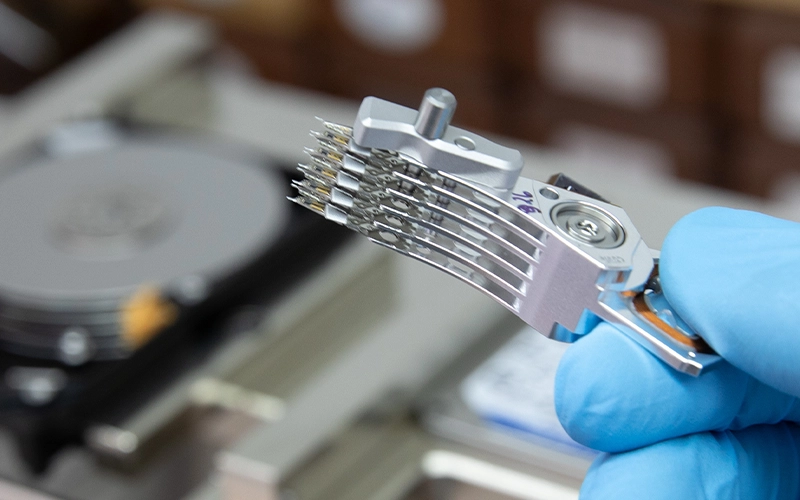
Drive 4 – Stuck Motor
This drive’s motor failure prevented the platters from spinning. We performed a platter transplant into a donor drive with an identical model and firmware revision. This delicate process allowed the drive to spin correctly and be imaged safely.
RAID 5 Reconstruction Using Parity & Disk Validation
RAID 5 distributes data and parity across all drives, enabling recovery if one disk fails. However, with multiple damaged disks, the margin for error is slim. Not all four drives could be used together some were too degraded or out of sync.
To reconstruct the most up-to-date version of the array, our engineers:
- Analyzed RAID metadata
- Compared parity blocks and timestamps
- Verified data integrity across drive images
This RAID data recovery analysis allowed us to identify the three most recently synchronized and readable drives. We used these to virtually reconstruct the RAID 5 array in a forensics environment, avoiding any risk of overwriting or further corruption.
Your Data Security Is Our Priority
Data privacy isn’t optional. It’s our commitment. Our secure recovery process ensures your sensitive information stays protected from start to finish.
HIPAA Compliant
GDPR Compliant
Secure Facility
NDA Available
Trust in certified security. Start your recovery today! Call Now: 888.611.0737
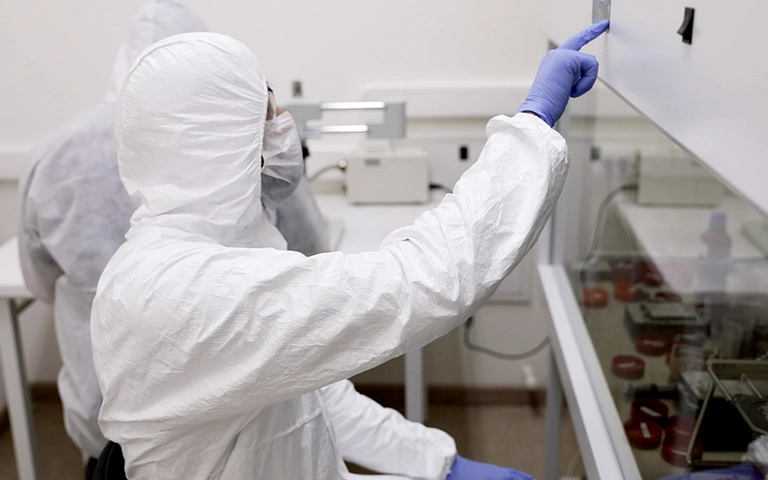
Successful Data Recovery & Delivery
Once the RAID array was rebuilt, we extracted the full file system, recovering thousands of critical files with correct names, paths, and timestamps. The recovered data was transferred to a new external hard drive provided by the client.
Before final delivery, we conducted a live file verification session with the client. All requested data including photos, videos, and documents was confirmed to be intact and functional.
“I thought the data was gone forever. Your team brought it back. Truly grateful for your work.” Client Testimonial
Lessons Learned & Recommendations
- RAID ≠ Backup: RAID 5 offers redundancy not immunity to failure.
- Old Drives Are a Risk: Aging IDE drives are prone to sudden breakdown.
- Don’t Attempt DIY Fixes: Failed RAID arrays require expert handling to avoid permanent data loss.
- Backup Regularly: Implement a 3-2-1 backup strategy: 3 copies, 2 different mediums, 1 offsite.
Get a Free Consultation.
Our recovery experts are ready to assess your device and guide you through the safest path to recovery. Fill out the form to get started.
"*" indicates required fields
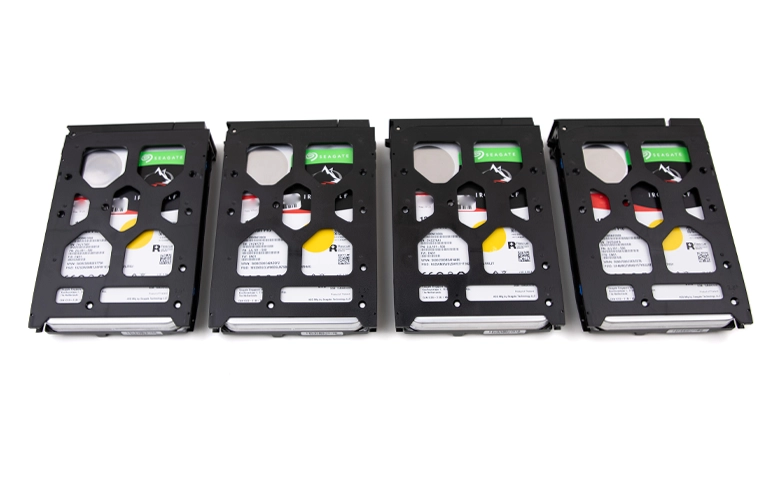
Frequently Asked Questions
Can data be recovered if multiple drives fail in RAID 5?
Can bad sectors or mechanical failures be repaired?
How long does the recovery process take?
What should I do immediately after a NAS failure?
How can I avoid future data loss?
Need Help with Buffalo NAS Recovery?
PITS Data Recovery specializes in recovering data from Buffalo LinkStation NAS systems and RAID configurations. Whether it’s bad sectors, mechanical issues, or complex RAID failures we’ve got the tools and expertise to help.
Call 888-611-0737
Start a case at pitsdatarecovery.com/request
What Our Customers Are Saying
Don't Let Data Loss Ruin Your Business
Minimize business disruption. We retrieve lost data fast, so you can focus on what matters.

